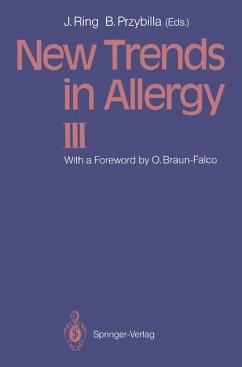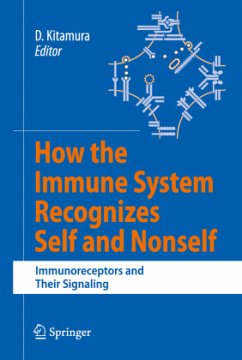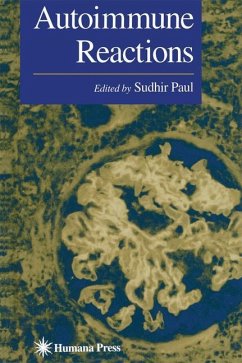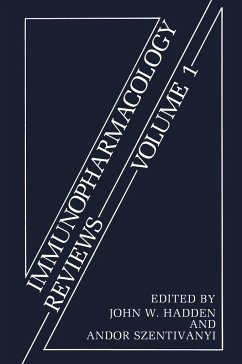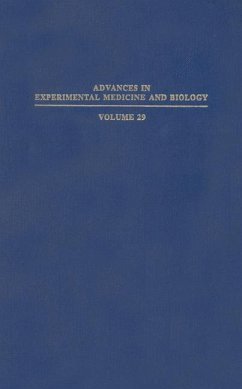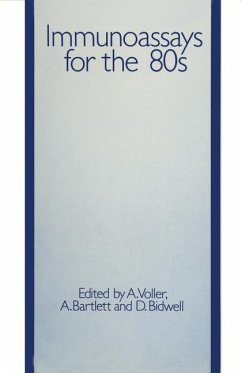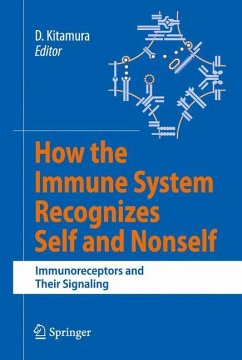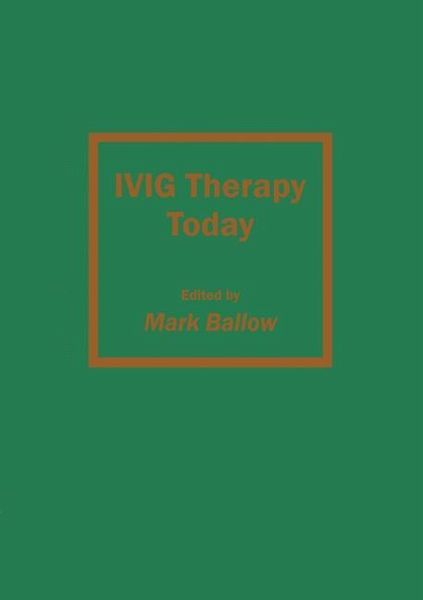
IVIG Therapy Today

PAYBACK Punkte
38 °P sammeln!
It has been little more than a century since Emil von Behring and his colleagues (1890) showed that the blood of tetanus-immune rabbits contained a factor that could be transferred to nonimmune animals to protect them against tetanus. These observations, together with the work of Paul Ehrlich, started scientists on the long and complex path to our present understanding of the humoral, or B-cell, immune system. These early studies led to Nobel prize awards for von Behring (1901 ) and Ehrlich (1908), each of whom contributed much to our knowledge of the B-cell immune system. In the early 20th ce...
It has been little more than a century since Emil von Behring and his colleagues (1890) showed that the blood of tetanus-immune rabbits contained a factor that could be transferred to nonimmune animals to protect them against tetanus. These observations, together with the work of Paul Ehrlich, started scientists on the long and complex path to our present understanding of the humoral, or B-cell, immune system. These early studies led to Nobel prize awards for von Behring (1901 ) and Ehrlich (1908), each of whom contributed much to our knowledge of the B-cell immune system. In the early 20th century it was recognized that the serum of individuals who had recently suffered an infection contained a protective humoral factor that could be transferred to a nonimmune person, thereafter affording that individual protection against the infectious agent that had caused disease. In 1933 McKhann and Chu reported that a placental extract containing the globulin fraction could modify measles.However, it was not until 1939 that Tiselius and Kabat demonstrated that the antibodies responsible for protection against these infectious disorders resided within the gammaglobulin plasma fraction. In a major step forward, Cohn in 1944 established a method for the fractionation and purification of this plasma gammaglobulin fraction. These procedures, which are based on cold ethanol precipitation of plasma, produce a readily adaptable, large-scale fractionation procedure that is still utilized to this day in the preparation of commercial gammaglobulin.





